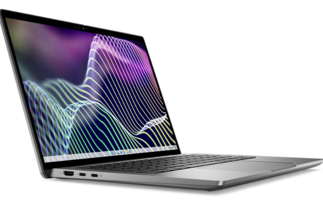PCs based on Qualcomm Snapdragon 835 Mobile PC Platform to launch in time for Christmas
Asus, Lenovo and HP will be the first three PC makers to launch Windows 10 PCs based not on Intel x86, but the upcoming Qualcomm Snapdragon 835 Mobile PC Platform. During Microsoft's Computex k...
To continue reading this article...
Join Computing
- Unlimited access to real-time news, analysis and opinion from the technology industry
- Receive important and breaking news in our daily newsletter
- Be the first to hear about our events and awards programmes
- Join live member only interviews with IT leaders at the ‘IT Lounge’; your chance to ask your burning tech questions and have them answered
- Access to the Computing Delta hub providing market intelligence and research
- Receive our members-only newsletter with exclusive opinion pieces from senior IT Leaders





















